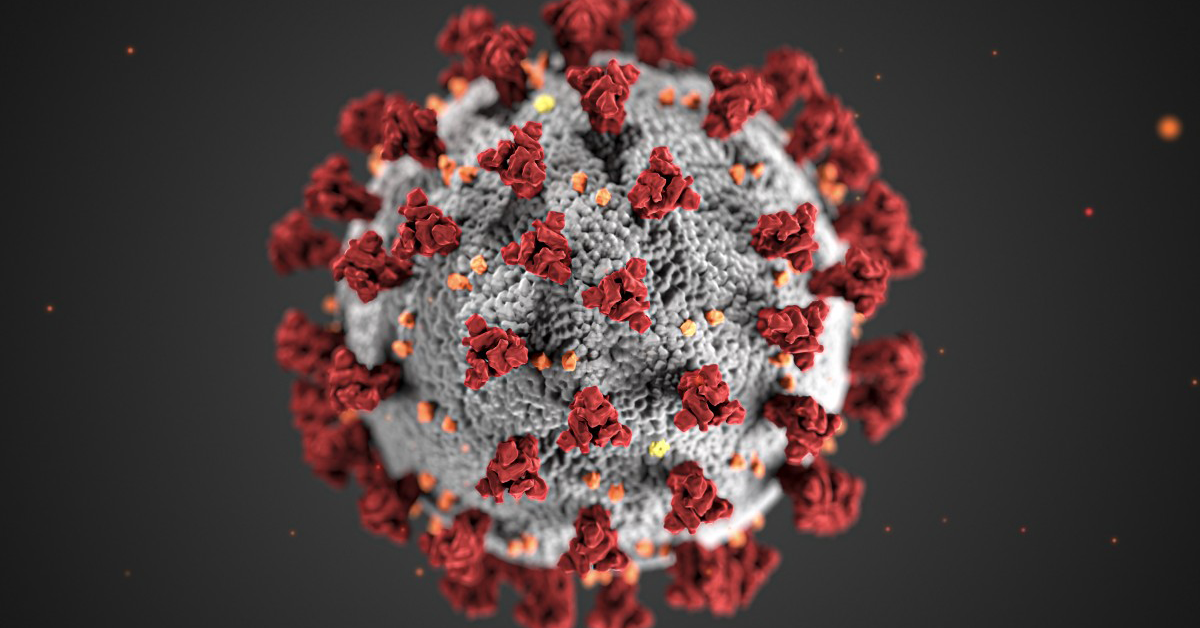Long Covid and Its Implications

A Scientific Brief by National Nurses United
The current pandemic has spread throughout the world, resulting in over 185 million confirmed infections and more than 4 million deaths, which is likely underreported. However, many countries are only just beginning to realize the toll and long-term consequences of Covid-19. New, reoccurring, and lingering health effects after initial infection with the coronavirus, SARS-CoV-2, have been reported.
Commonly known as “long Covid” or “long hauler syndrome,” this condition refers to symptoms that can persist for several weeks or months following initial infection. It can affect most major organ systems including respiratory, cardiovascular, metabolic, musculoskeletal, pulmonary, gastrointestinal, nervous, and regulatory processes.
This scientific brief explores some of the key findings about long Covid, which include:
- Long Covid is a new syndrome and is not yet fully characterized. Reported symptoms range from severe fatigue, cognitive dysfunction, gastrointestinal and musculoskeletal conditions to pulmonary and cardiovascular diseases. The impact on health and quality of life can be severe.
- Chronic impacts of Covid-19 can occur among previously healthy individuals, across all age groups, including children.
- Preventing the risk of Covid-19 infection will effectively prevent the risk of long Covid. This necessitates implementation of multilayered infection control measures, including among the public and in workplaces.
- Systemic tracking and investigation of long Covid is lacking and needs to be established to better characterize the condition, support those impacted by it, and reduce the risk of long-term disability.
- Impacts of long Covid emphasize the need for full and optimal protections for nurses and other essential workers.